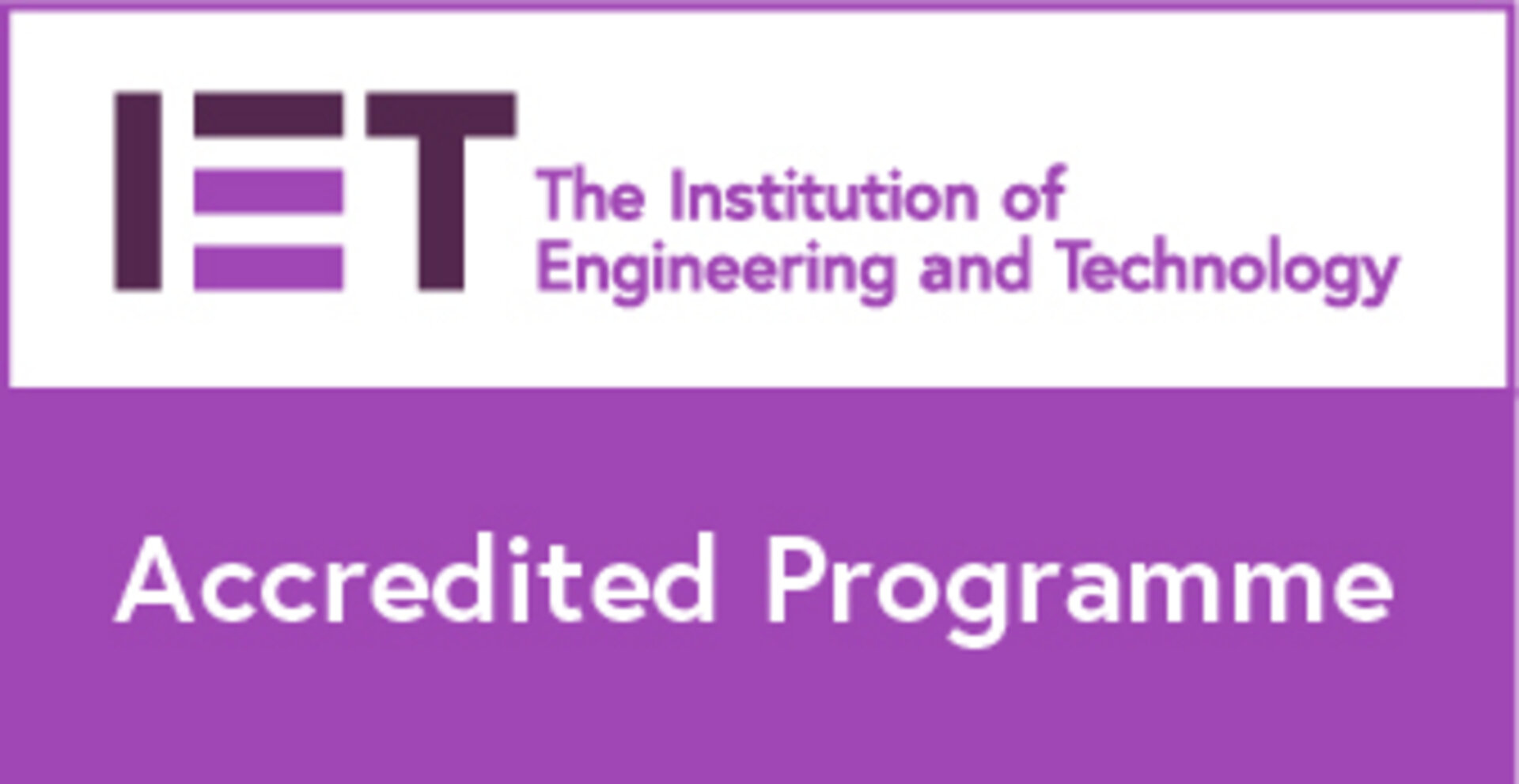Overview
Electrical and electronic engineering are the foundation of 21st century innovations: from digital communications to robotics systems, from sustainable energy to smart environments. With the MSc Electrical and Electronic Engineering from GCU, you'll develop the skills to work at the forefront of these exciting fields. Through discovery and invention, you can build a better future for humanity and contribute to the common good.
GCU’s School of Computing, Engineering and Built Environment has almost three decades worth of graduates in the Electrical and Electronic Engineering field and this masters degree has been developed with UK-SPEC/IET (Institution of Engineering and Technology) to develop motivated and critical thinkers for the industry.
As a masters student, you are encouraged to join the IET and to participate in activities which are frequently hosted by GCU. Involvement in the activities of the engineering institutions is an important aspect of career development for you as a student engineer, especially from the point of view of the eventual attainment of Chartered Engineer Status.
The curriculum you will study offers a comprehensive exploration of electrical and electronic engineering. There is particular emphasis on today's fast-growing global challenges and you will study sustainable energy systems, telecommunications and smart electronic sensing technologies. The curriculum also connects your learning to the real world with industry case studies and assignments.
Graduate prospects
Your degree and specialist knowledge will guarantee you excellent career opportunities around the world. You might find work in the electrical power industry, the renewable energy sector, the offshore industry, transport engineering, electronic engineering or telecommunications.
Accreditations
What you
will study


